FILM NOIR DOUBLE FEATURES
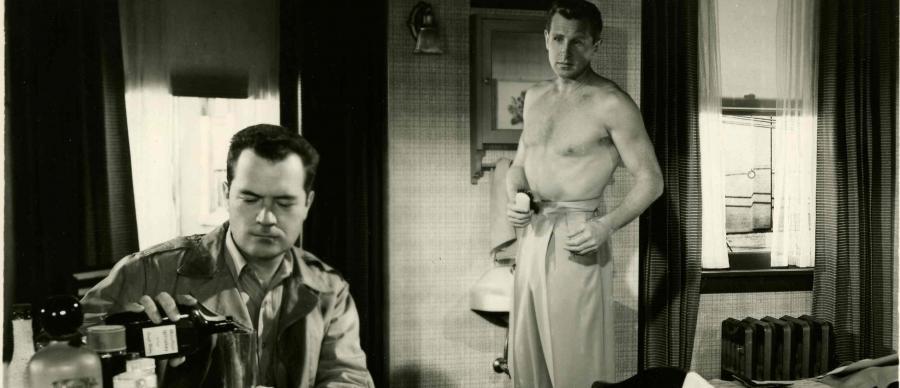
Step into the shadowy side of film history with two pairs of rarely screened film noir gems. On January 25, we will present the hard-to-see 1949 Paramount version of The Great Gatsby starring Alan Ladd, followed by Ray Milland as the diabolical title character in Alias Nick Beal. Then, on February 1, the UCLA Film & Television Archive provides us with two exciting but neglected noir masterpieces of the early 1950s, Cy Endfield’s devastating study of lynch mob violence, Try and Get Me!, and Lewis R. Foster’s pulse-pounding prison escape drama Crashout.
- Sat., Jan. 25 | 7:00 PM4070 Vilas Hall
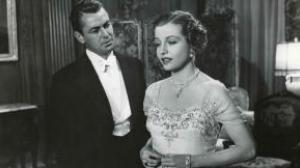
In the second big-screen adaptation of F. Scott Fitzgerald’s landmark jazz age novel, Ladd portrays the dreaming, scheming nouveau riche title character and Field is Daisy, the object of Gatsby’s obsession. Less faithful to the book than the other movie versions, veteran director Nugent’s shadowy take places emphasis on the story’s gangsters and violence.
- Sat., Jan. 25 | 8:45 PM4070 Vilas Hall
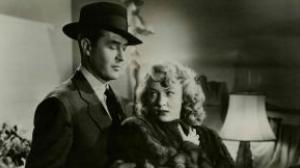
An honest politician (Mitchell) begins a steady slide into corruption when he begins to associate with the sinister Nick Beal (Milland). Milland is downright devilish in this terrific, undeservedly neglected gem that merges the political thriller with the Faust legend.
- Sat., Feb. 1 | 7:00 PM4070 Vilas Hall
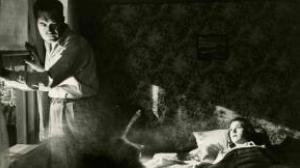
In one of his most memorable roles, Bridges plays a sharp-dressed, smooth-talking psychopath who talks sympathetic, unemployed family man Lovejoy into a string of small-time robberies. When they botch a kidnapping job, the two criminals find themselves hunted by the law and – more terrifyingly – by a bloodthirsty lynch mob. One of the best films of the 50s, Endfield’s enormously tense masterpiece is both film noir at its finest and a devastating critique of American society. 35mm restored print courtesy of the UCLA Film & Television Archive. Restoration funding provided by the Film Noir Foundation.
- Sat., Feb. 1 | 8:30 PM4070 Vilas Hall
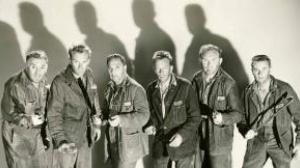
Six hardened convicts break out of stir in the middle of a riot and decide to stick together in a search for a buried cache of stolen money. Along the route to riches, the criminals are picked off one at a time by various hostile elements, not the least of which are their own violent tendencies. “Crashout belongs to that whole class of unassumingly ambitious, quietly accomplished little films whose prolific existence contributes so much to the unique stature of classical American cinema” (Dave Kehr, The New York Times).
